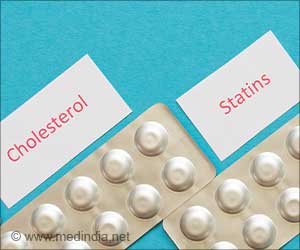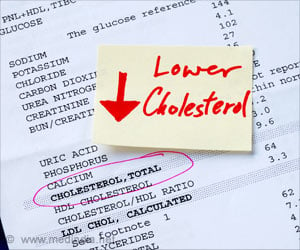
The scientists came to their conclusion while trying to understand how cholesterol moves around inside cells in the fat's journey to cell surfaces where it reinforces their outer membrane.
"The assumption was that ORPs bind and transport cholesterol inside cells in a similar fashion to how lipoproteins bind and move around the fat outside cells through the blood stream," Chris Beh, said.
Beh and his colleagues noted that genetic changes engineered by them block the ability of ORPs to bind cholesterol but don't stop ORPs from functioning.
In fact, these altered ORPs work better and activate other regulator proteins, which in turn trigger a variety of cellular processes that stimulate cell growth.
The scientists believe this happened because cholesterol-binding normally interferes with ORPs' ability to bind to another lipid or fat called PI4P, which is important for cell growth.
Advertisement
"Rather cholesterol-binding puts the brakes on ORP's ability to bind to PI4P which, if left unchecked, could accelerate cell growth like crazy.
Advertisement
Beh and his colleagues draw on two important facts to support their conclusion.
"First, cancer cells require ORPs to survive.
"Second, other scientists have previously shown that a new class of natural compounds that look like steroids or cholesterol can kill a broad spectrum of different cancer cells," he added.
The study has been published in the Journal of Biological Chemistry.
Source-ANI














